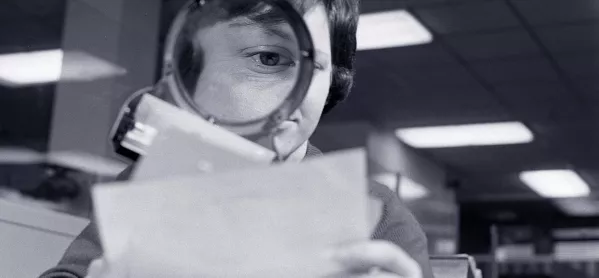In England, young people are expected to remain in some form of education or training until the age of 18. This might be as a full-time student in a further education college, or as an apprentice or trainee with a company or institution.
Either way, entry on to these courses depends on the students’ skills and academic background, largely indicated by the GCSEs (or equivalent qualifications) they have achieved.
While the number of GCSEs and grades required for specific courses will vary depending on what and where students choose to study, most sixth-form colleges ask for four or five passes (grade 4 or higher) at GCSE, with an emphasis on maths, English language and science. Typically, most students will leave secondary education with around nine GCSEs or level 2 qualifications.
Some colleges will state a minimum point score for entry. This refers to the average score of a student’s best GCSE (or equivalent) grades, but again, this will often stipulate the inclusion of maths, English language and science (which can count for up to three GCSE grades).
Do students need certain grades to study certain subjects?
In addition to general admissions criteria, many subjects (especially the more traditional, academic A-levels) will require students to show a certain level of skill and understanding in order to study it beyond GCSE.
For “facilitating subjects” and challenging level 3 courses, GCSE grades of at least 5 or 6 in the respective subjects are often required to ensure students are able to access the content and deal with the demands of the course.
If students have not studied a subject at GCSE but wish to pursue it post-secondary school, colleges will usually look for complementary GCSE courses such as maths or English to determine whether a student will be suitable for that subject.
What if students don’t have GCSEs in maths and English?
It is expected that students will leave full-time education with basic maths and English skills, as indicated by a GCSE grade of 4 or above, or in some cases, a level 2 functional skills equivalent.
If students have not achieved this by the end of their secondary education they will generally still be eligible for a place at college and should be able to gain access to suitable courses (possibly opting for alternatives to traditional A-levels such as BTECs or other vocational courses), providing they have other relevant qualifications to indicate their level of suitability.
However, they will usually be expected to continue to study either English language or maths (or both) at GCSE (or a level 2 equivalent) while at college.





